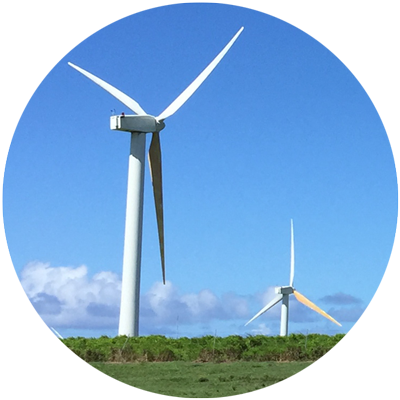
Conservation group plots solar potential for retired Appalachian coal mine land
In 2016, Wells [the regional director of community and economic development for Appalachian Voices] spearheaded the formation of the Solar Workgroup of Southwest Virginia to figure out how to incorporate renewable energy into an economic transition in the state’s seven coalfield counties.
It’s a coalition of nonprofits, community action agencies, colleges, state agencies, and planning district commissions. Workgroup members are in the midst of jump-starting more than a dozen rooftop solar projects stalled by a number of obstacles.
“The notion of solar farms being part of a reclamation plan has been flirted with for years and years,” said Wells, a Wise County native…
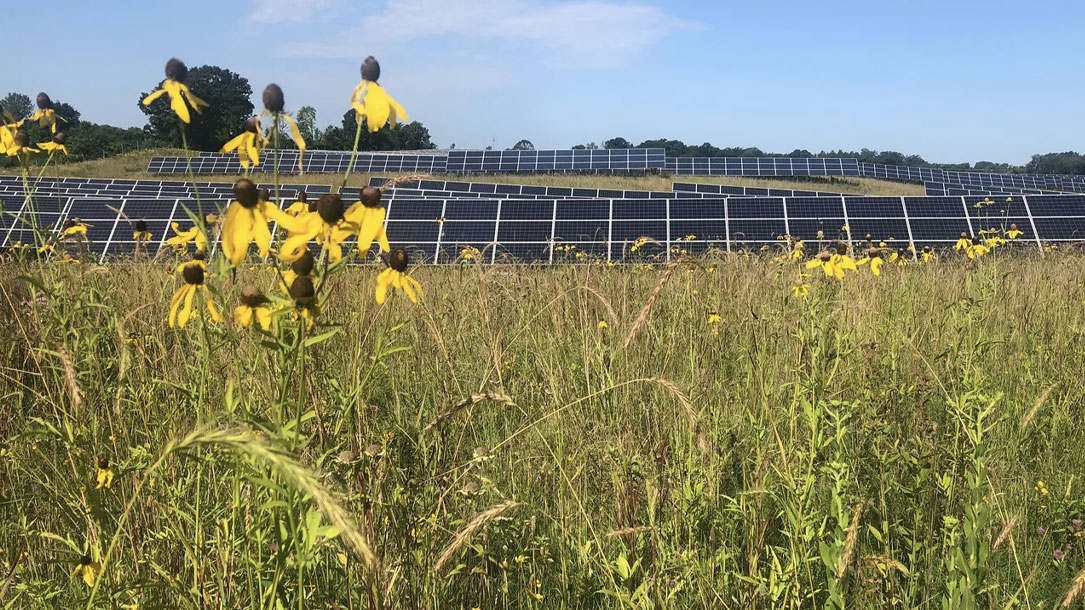
Purdue entomologist, green groups laud solar farm for native ground cover plan
Julie Borgmann, director of Muncie-based Red-tail Land Conservancy, spoke in favor of the pollinator-friendly provisions at several meetings of county government and also collaborated with the other supporters, including the Hoosier Environmental Council.
In an interview, she noted that, while it’s taken her land trust two decades to protect 2,700 acres of land in East Central Indiana, “this single solar farm” can “really have a huge impact on habitat for bugs, birds…and it goes on down the (ecosystem) line.”
Brock Harpur, an assistant professor of entomology at Purdue, called the new ordinance “a massive step forward for pollinator conservation in this state”…
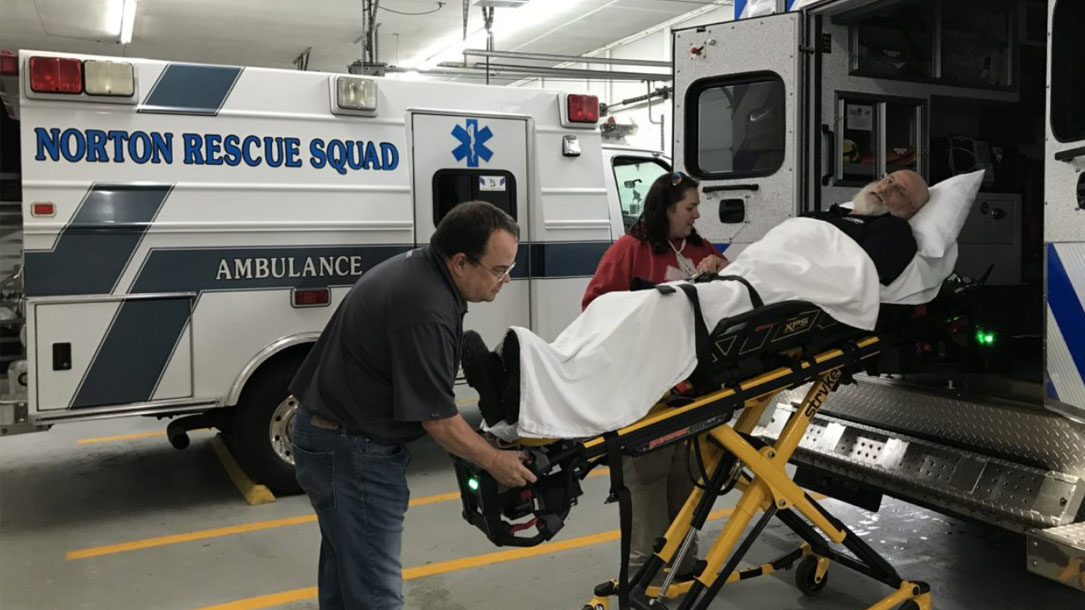
Appalachian solar advocates continue efforts despite setbacks, pandemic
A solar workgroup is retooling its approach and hopeful that Virginia’s new clean energy law will help overcome obstacles…

Cultivating communities where people and nature thrive together
The Community Ecology Institute (CEI’)s Climate of Hope project includes three innovation areas, described below: 1) Climate Aware Agriculture featuring Renewable Energy Integration; 2) Cultivating Climate Victory Gardens; and 3) Community Climate Change Education…
Climate of Hope will offer accessible, science-based, action-focused climate change education for the community. [They] offer eight community events at [their] farm on a range of topics from climate victory gardening (and the associated carbon-capturing practices), to composting, energy efficiency, community solar, and more.
[They] also offer customized offsite presentations to eight diverse community organizations including HOAs, faith organizations, school groups, and businesses. These events will be designed to inspire participants and provide strategies and tools for sustained positive climate action.
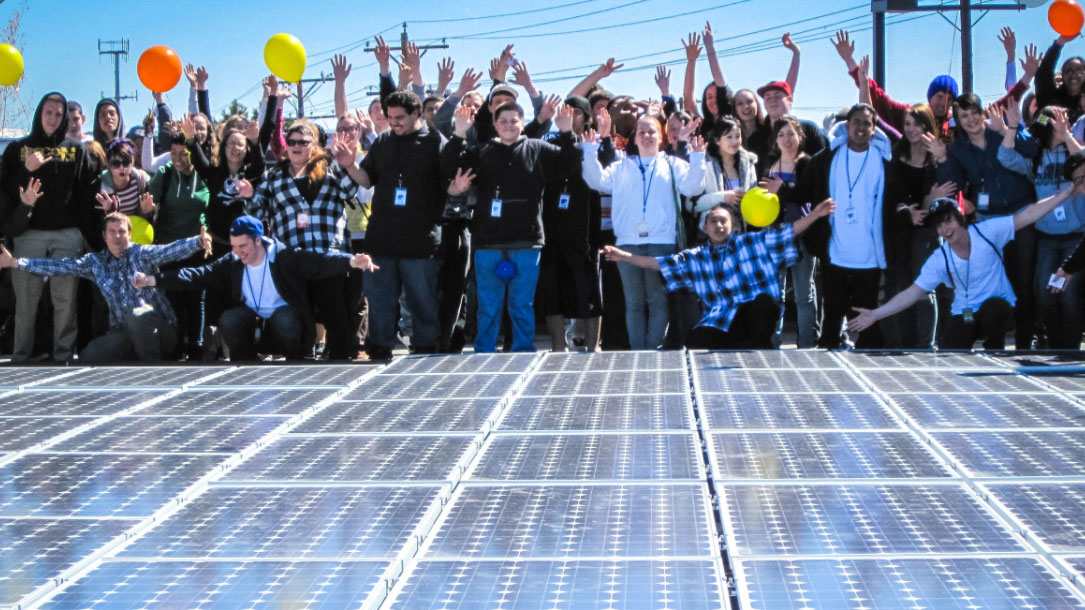
Our energy future
Driftless Area Land Conservancy [DALC] along with dedicated area activists has created Iowa County CLEA-N, Clean Local Energy Alliance—Now. CLEA-N’s mission is to explore options for and engage in initiatives to advance the local ownership and control of a clean energy future in Iowa County, and to lay the groundwork for the creation of an Energy District through which the vision of that future can be realized.
CLEA-N & DALC—Working Hand-in-Hand on Common Goals
Climate disruption affects every aspect of the work at DALC. CLEA-N’s efforts to lower fossil fuel emissions and to sequester excess atmospheric carbon supports DALC’s land conservation work. As this new organization gets off the ground, DALC will be a significant stabilizing and guiding partner…

Beaufort County Solar Facility first in the state to be permanently protected
In a first of its kind deal for South Carolina, Beaufort County Open Land Trust announced the closing of a conservation easement on land owned by an affiliate of Adger Solar LLC, on which the Seabrook solar energy generation facility in Beaufort County resides.
The 72-megawatt facility, owned by Dominion Energy, is sited on a rural 628-acre property and is the first designated solar energy facility in South Carolina to be on land protected permanently by a conservation easement. The project is expected to be in service in 2020 and will provide enough energy to power 9,000 homes for the next 25 years. The agreement allows for the land to be used for farming, timber, or other rural uses if energy production ends.
“Our landscape in Beaufort County is changing and how we think about land use is changing too. What was once a tomato farm will now help support the growing clean energy industry,” commented Kristin Williams, executive director, Beaufort County Open Land Trust. “Our goal is to ensure that over the long-term, these sites vulnerable to residential, commercial, and industrial development, are permanently protected…”
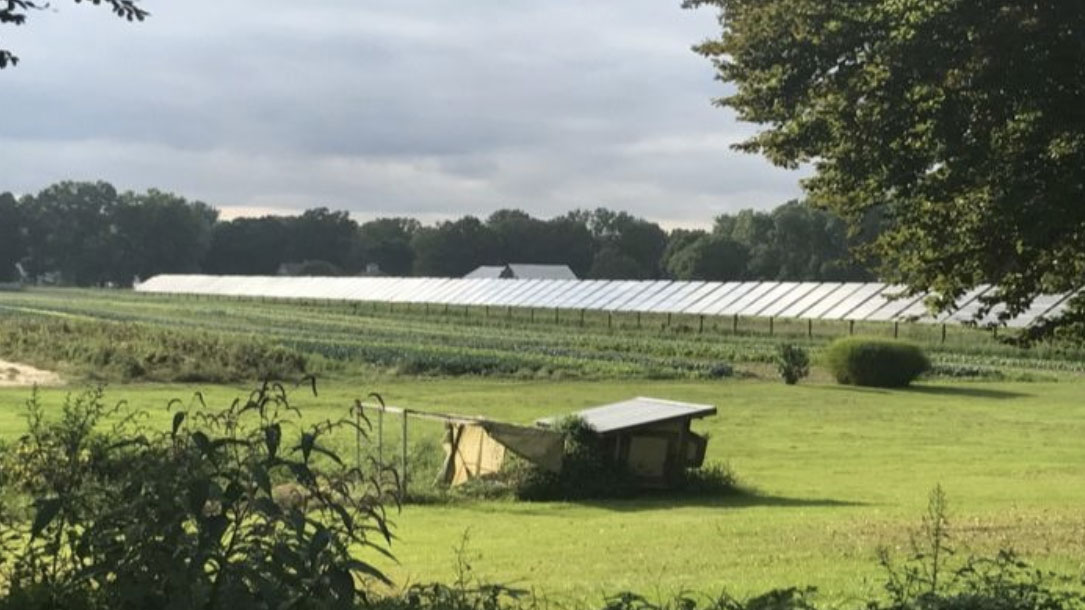
Farmland and Compatible Solar Webinar Series
Farmland is a critical resource in our country, particularly in areas that are heavily forested or developed. American Farmland Trust recently released the Farms Under Threat report, documenting those challenges.
Yet climate change is the most significant threat to conservation we have ever faced. Rather than remove forests, many are locating solar fields on agricultural lands. Can it be done well? Yes.
Find out how in this webinar series focusing on smart solar siting, balancing solar siting with conservation, growing the solar market, and turning state and local priorities into sound policy. While this is focused on New England, there will be many transferable concepts for wherever you are located.
Webinars are free and running on September 23, September 30, October 7, and October 15.
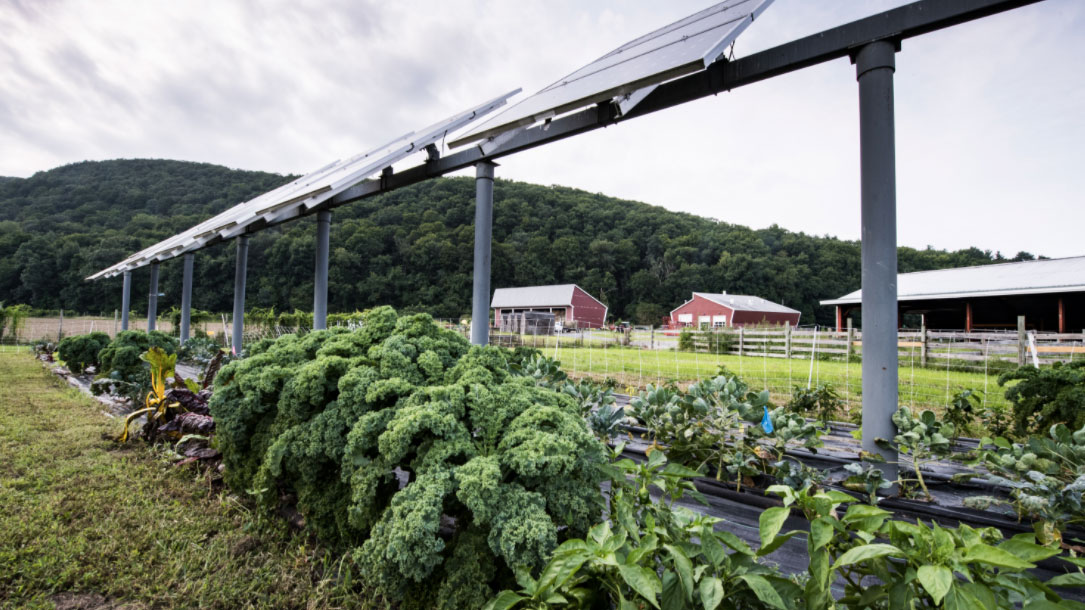
Smart Solar Siting partnership project for New England
American Farmland Trust’s Smart Solar Siting Partnership Project for New England started as a two-year effort to build an influential, ongoing, multi-stakeholder coalition supporting recommendations that advance smart solar siting policies and programs in New England states. This is a joint effort to accelerate the expansion of renewable solar energy facilities while maintaining New England’s most productive, resilient farmland and forest land and strengthening its regional food systems.
Check out their program and resources. Your land trust and community may be able to model a similar approach.
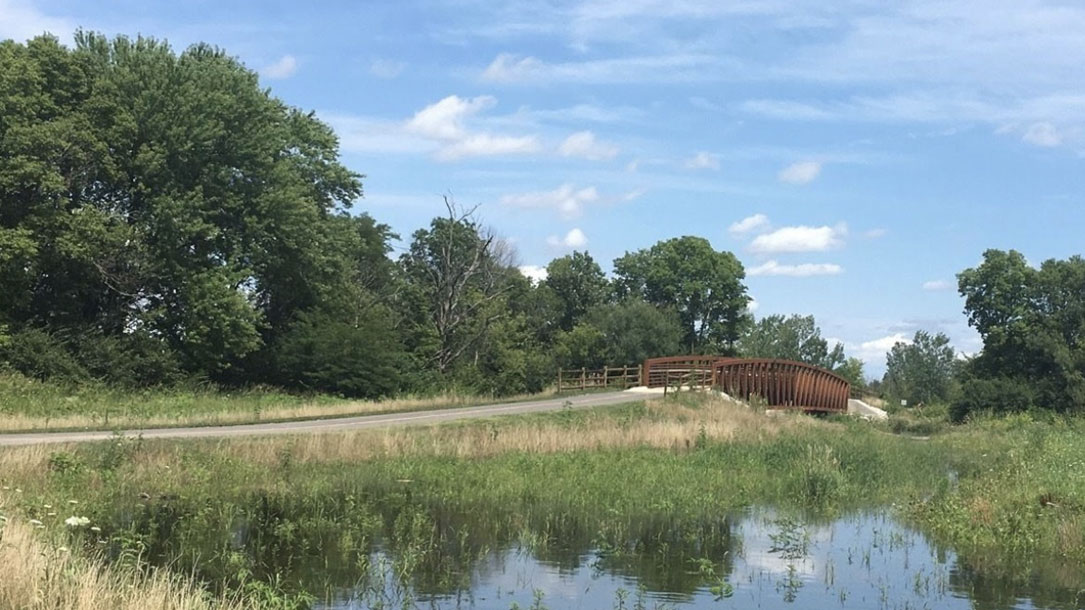
Four ways land conservation mitigates the impact of climate change
This land trust is working to conserve land using a number of different strategies. They own farmland, wildlife habitat, and hold conservation easements. They run educational programs and own a farm (offering food to the community). Their reach is wide—and they are adapting and responding to calls for greater impact and the need to slow down climate change.
Check out this blog post as an example of how you could help your community see the importance of land conservation as part of the solution…
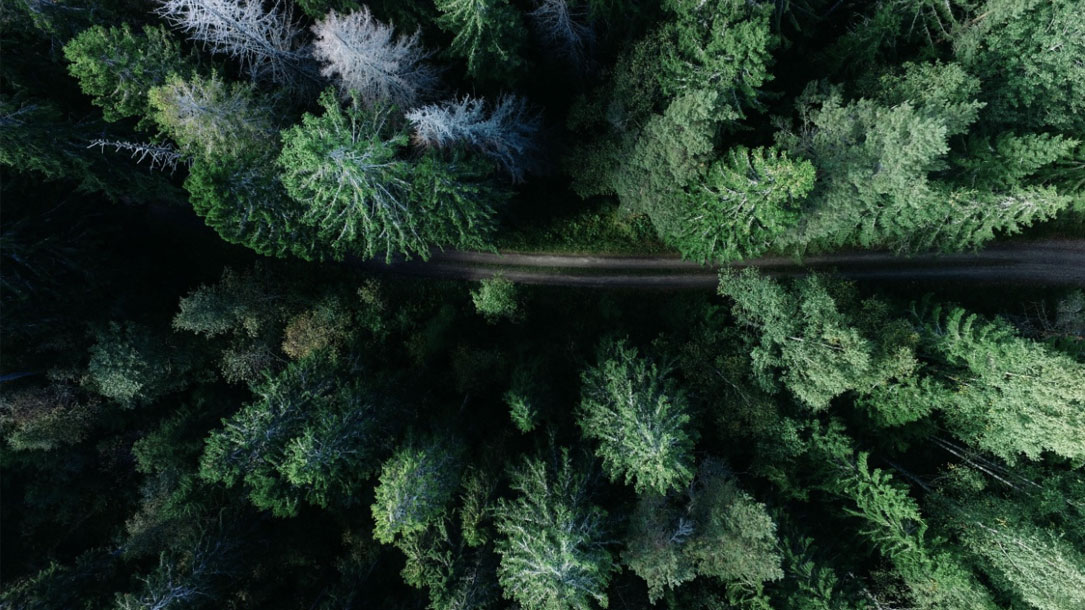
It’s time for businesses to aim higher. Here’s one way to do it—natural climate solutions
Corporations are (rightly) first focused on reducing their emissions. That’s absolutely where they need to start, and it should be their highest climate-related priority. Thanks to pressure by activists, customers, shareholders and employees, companies are now taking action. They’re not waiting for government regulations mandating them to do so. They’re doing what they can to reduce their carbon emissions by using less energy and switching to renewables.
And when they can’t reduce further, they are now also committing to purchase large volumes of offsets to reach carbon neutrality. Some companies go even further and aim to reach net negative.
This is where NCS enters the picture…



